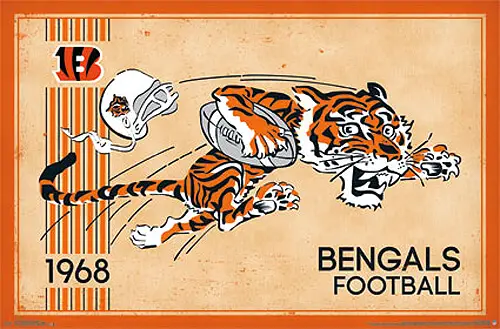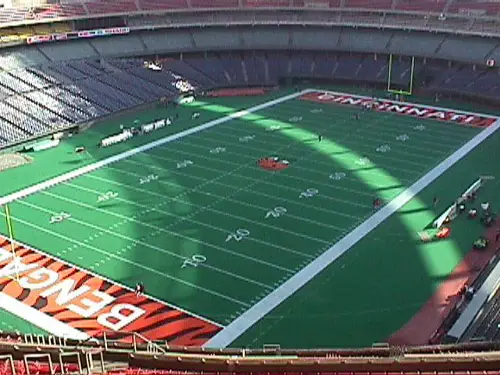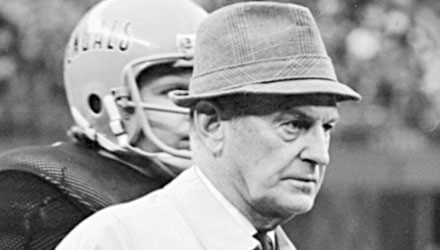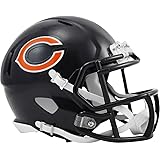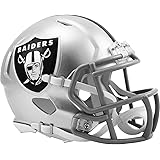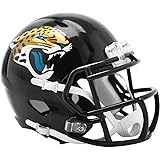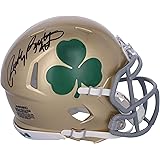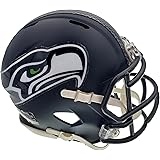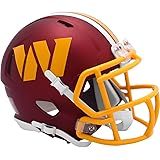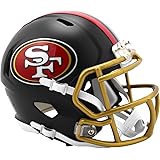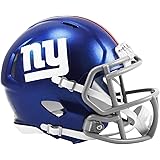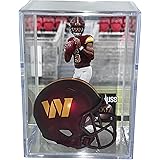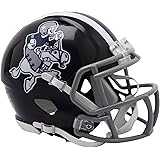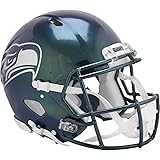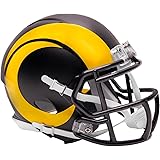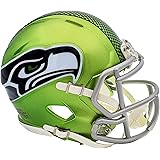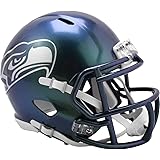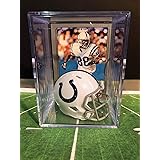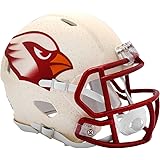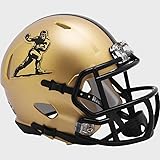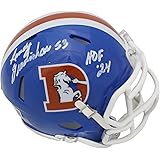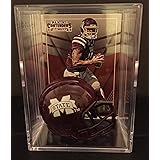
Established
1968
City
Cincinnati
League History
1970 - Present / National Football League
1968 - 1969 / American Football League
Team History
1968 - Present / Cincinnati Bengals
Nickname
Bengals - The Cincinnati Bengals are one of the most storied franchises in NFL history, and their nickname has been part of that legacy since the team’s inception. But where did it come from? Let’s take a look at Cincinnati Bengals history and how this iconic nickname came to be.
The Bengals were founded by Paul Brown in 1968 as an expansion franchise for the AFL. When naming his new team, Brown wanted something unique and different from other teams around the league. He settled on “Bengals” after being inspired by a book he read about Bengal tigers while vacationing with his family in India during World War II. The name was meant to evoke strength, power, and courage – qualities that perfectly encapsulate football!
Cincinnati Bengals Origin
Since then, fans have embraced the moniker wholeheartedly; they proudly wear jerseys emblazoned with orange stripes like those found on Bengal Tigers when attending games or watching them at home on TV! It's no wonder why so many people consider themselves die-hard fans of this beloved franchise: not only do they get to cheer for some great athletes every Sunday (and Monday night!), but also because there is such an interesting backstory behind its unique nickname!
For any sports fan interested in learning more about their favorite NFL team - especially its origin story - understanding how Cincinnati got its name is essential! So next time you're cheering on your hometown heroes or talking shop with fellow superfans around town, know precisely why these cats go by "the Bengals."
Championship
Super Bowl 0
Stadium
2000 - Present / Paul Brown Stadium
1996 - 1999 / Cinergy Field
1970 - 1996 / Riverfront Stadium
1968 - 1969 / Nippert Stadium
Owner
1991 - Present / Mike Brown
1968 - 1991 / Paul Brown
- 1968
- 1970
- 1991
- 2000
-
Cincinnati Bengals Team Formation
By 1966, Paul Brown wanted to become involved in professional football again. James A. Rhodes, then the governor of Ohio, convinced Brown that Ohio needed a second team. Cincinnati was deemed the logical choice, in essence, splitting the state. In 1967 a Cincinnati-based ownership group led by Paul Brown was granted a franchise in the American Football League. Brown named ... -
Move in to Riverfront Stadium
In 1970 the Bengals moved to play at Riverfront Stadium, a home they shared with the Cincinnati Reds until the team moved to Paul Brown Stadium in 2000. Despite Cincinnati’s love of baseball, it was the prospect of a professional football team that finally moved the city to end twenty years of discussion and build a new stadium on the ... -
Paul Brown Dies
Paul Brown, the legendary NFL personality and innovator, died in 1991. He had already transferred control to his son, Mike Brown, but was reported to still influence the daily operations of the team. Shortly after his death, the Bengals’ fortunes changed for the worse a long time. -
Paul Brown Stadium
Paul Brown Stadium is an American sports stadium located in Cincinnati, Ohio. It is the home venue of the Cincinnati Bengals of the National Football League. It opened on August 19, 2000. The stadium was named after Bengals’ founder Paul Brown. The stadium is located on approximately 22 acres of land and has a listed capacity of 65,535. Paul Brown ...
To qualify as the greatest player for this team, the player must have played one season for this team. If not, we will remove the player.
* verifies that player has played for this team as an added player by a fan.
Mount Rushmore Cincinnati Bengals: The Greatest Players in Team History!
In this video, we take an in-depth look at the four players who have earned their place on the Bengals' Mount Rushmore, representing the pinnacle of the team's history. From iconic moments to game-changing plays, discover who made the cut and why they are celebrated as the greatest Bengals of all time. Whether you're a die-hard Bengals fan or just love football, this is a must-watch for anyone interested in the legacy of the Cincinnati Bengals.
Cincinnati Bengals History
The Cincinnati Bengals, home to the NFL Greatest Player Anthony Muñoz, are one of the most storied franchises in NFL history. Founded in 1966, they have been a mainstay of the AFC North since their inception and have made several deep playoff runs throughout their 54-year existence. The team has also seen its fair share of controversy over the years, from controversial head coaches to player arrests and suspensions due to off-field incidents. Despite all this tumult, one thing remains constant: The Cincinnati Bengals’ commitment to winning football games.
Following the Cincinnati Bengals history in 1981, under legendary coach Forrest Gregg, the Bengals posted a 12–4 record and reached Super Bowl XVI. They faced Joe Montana’s San Francisco 49ers but lost 26–21 in a heartbreaking finish for fans. Just two years later, Sam Wyche became head coach and revived the team. Over eight seasons, he delivered four playoff appearances and 91 total wins.
The Bengals enjoyed another strong run in 1988, advancing through three playoff rounds. They returned to the Super Bowl but narrowly lost 20–16 to the 49ers in Super Bowl XXIII. This made Cincinnati one of only six teams to reach consecutive Super Bowls without earning a victory. Despite the losses, this era established the Bengals as a competitive and resilient franchise.
Cincinnati Bengals Achievements
From 2003 to 2018, Marvin Lewis led the team for 15 seasons, the longest coaching stint in Bengals history. His leadership brought five division titles and consistent playoff appearances. Star players also shined during this era. Chad Johnson, later known as Ochocinco, thrilled fans, while Carson Palmer earned two Comeback Player of the Year awards. With Zac Taylor taking over in 2019, the Bengals continued to fight for championship success.
The Cincinnati Bengals history is defined by remarkable achievements, including multiple AFC Championships and Super Bowl appearances. Their strong Bengals QB history features iconic names like Ken Anderson, Boomer Esiason, and Joe Burrow, each leading the team in different eras. From thrilling playoff runs to record-breaking performances, the Bengals have built a proud tradition that continues to shape their place in professional football.
Sports Fan Products
Retired Number
54 / Bob Johnson
*Blue is this team’s history

